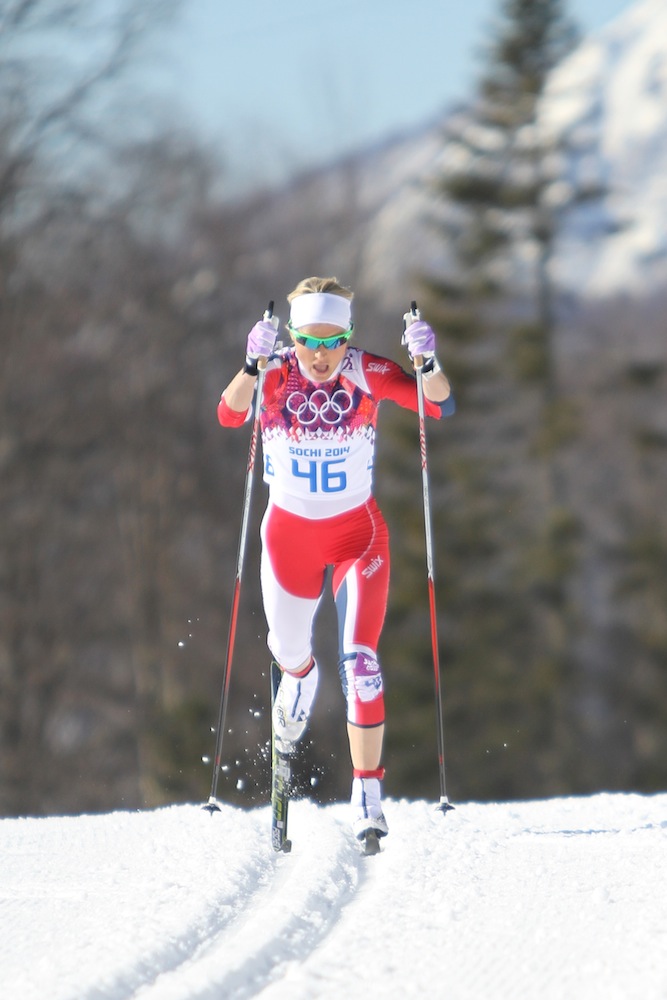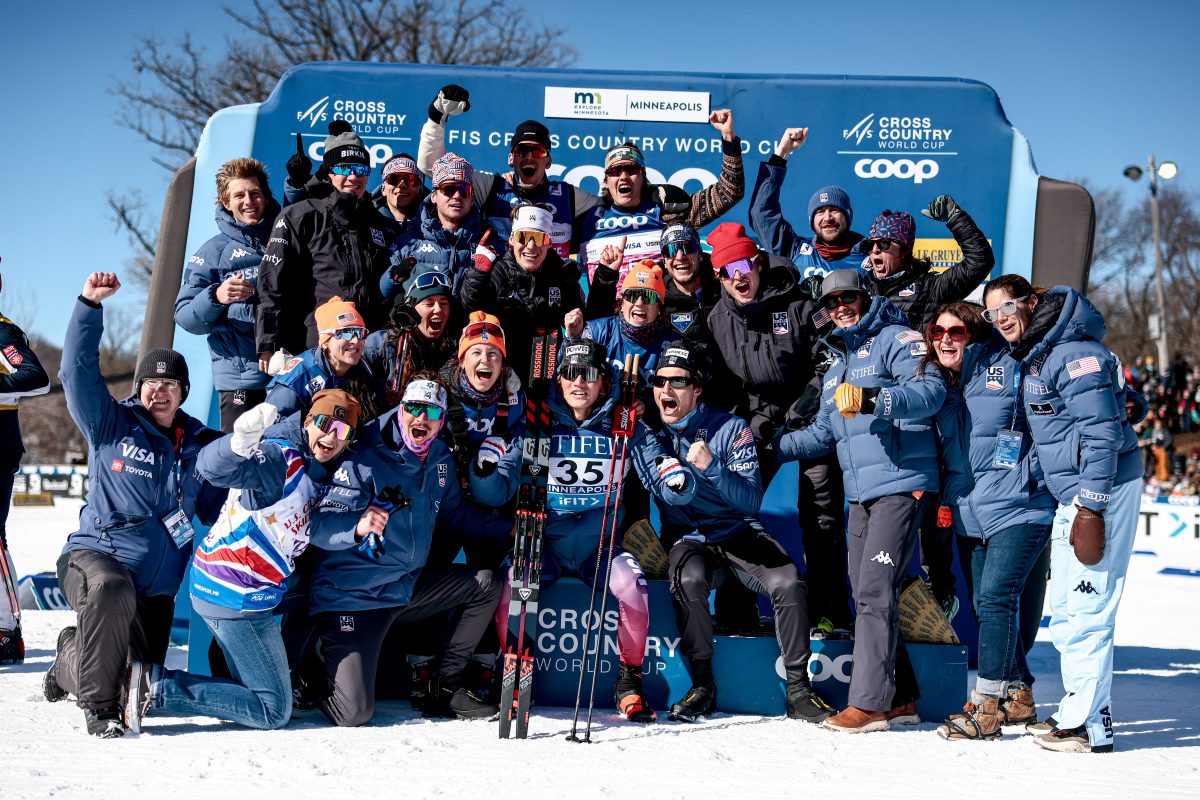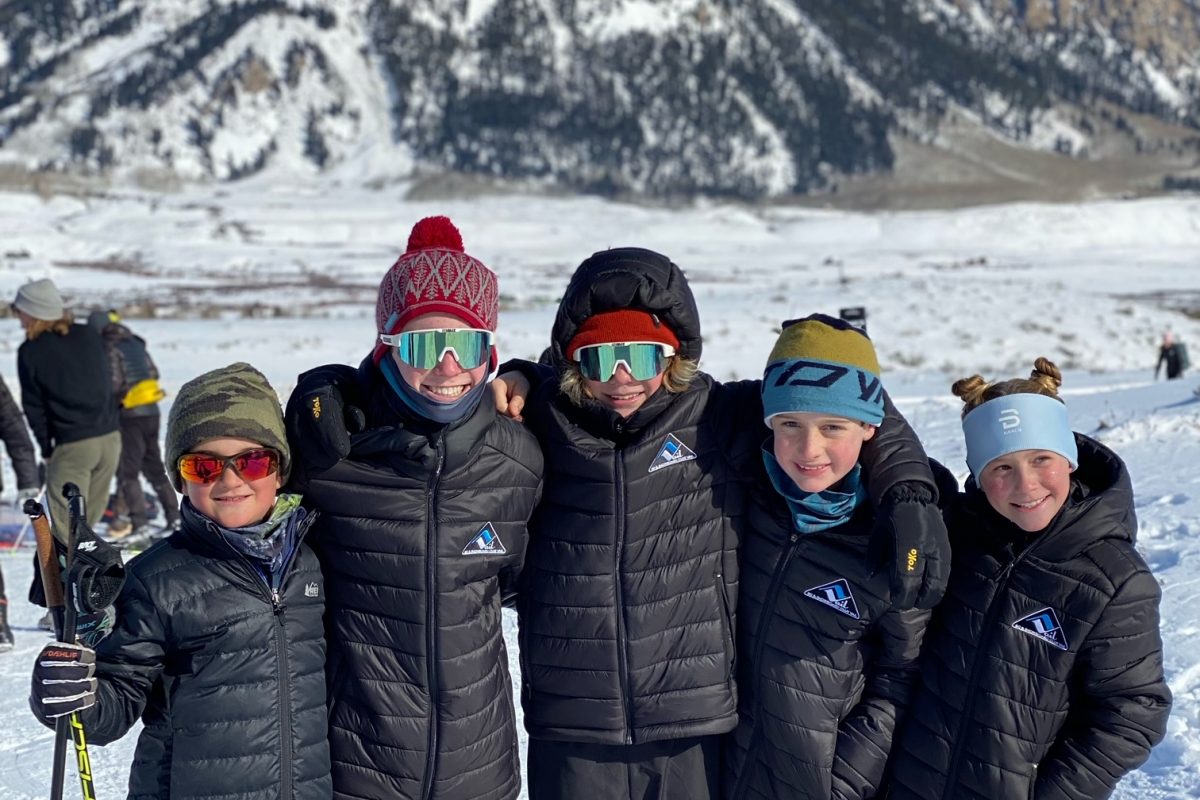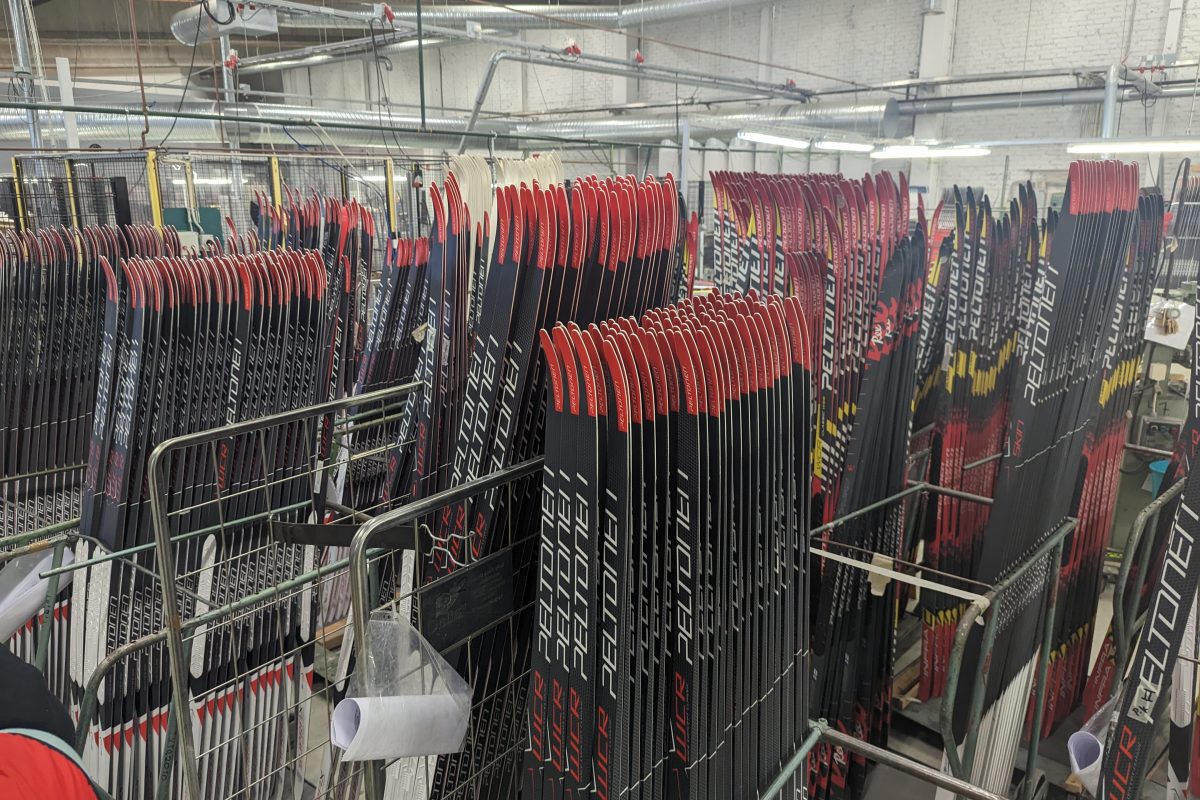
The Court of Arbitration for Sport (CAS) has made its decision in the case of Norwegian cross-country skier Therese Johaug: “Ms Johaug is suspended for a period of 18 months commencing on 18 October 2016.”
That means that Johaug, a seven-time World Champion and a member of the Norwegian gold-medal relay team at the 2010 Olympics, will not be competing at the 2018 Olympics in PyeongChang, South Korea.
The full text of the CAS decision is available online here, and a press release from CAS explaining the decision is available online here.
The decision comes after a long process. Johaug initially tested positive for the steroid clostebol in 2016. She said that she had used a lip cream, trofodermin, to treat a cold sore which was made worse by a sunburn sustained at a high-altitude training camp. A team doctor, Fredrik Bendiksen, had picked up the cream at an Italian pharmacy. Neither he nor Johaug apparently checked the list of ingredients against the World Anti-Doping Agency (WADA) Prohibited List, but Johaug trusted Bendiksen’s assertion that the cream did not contain any banned drugs.
That was a mistake: regardless of intent, the WADA Code mandates a zero-tolerance policy in which the athlete is responsible for any substance in their body, whether taken intentionally or not.
(In theory, this is designed with two applications: to prevent intentional dopers from getting away with cheating by claiming accidental ingestion of a substance, and also to cause athletes to carefully monitor every substance used to prevent unintentional but effective performance enhancement.)
The initial round of sanctions were delivered by the Norwegian Olympic Committee, which handed Johaug a 13-month suspension. The International Ski Federation (FIS) appealed the decision, seeking a longer suspension.
CAS agreed, noting in its decision that “Johaug used a cream (Trofodermin) purchased for her by a team doctor in Italy to treat acute sunburn on her lips. The active ingredients listed on the packaging included Clostebol acetate (0.5%), an anabolic agent listed on the World Anti-Doping Agency (WADA) Prohibited List and banned at all times, in and out of competition.”
CAS represents the final level, the Supreme Court if you will, of sports arbitration bodies, giving this decision a finality that the Norwegian Olympic Committee decision lacked.
The standard suspension for a first-time doping offense, according to WADA, is four years. CAS set Johaug’s suspension at 18 months due to “non-significant fault” by the athlete. The CAS panel of three arbiters agreed unanimously that Johaug must be suspended between 12 and 24 months, consistent with the type of fault, and also agreed that 18 months – the middle of that range – was the most appropriate length for a ban in this case.
“FIS is satisfied that an independent body had the opportunity to review all of the facts of this case and render an impartial verdict, which was the reason for FIS filing the appeal to CAS,” the ski federation said in a press release. “This ensured that a fair and just decision for all parties could be determined in this case.”
The CAS decision is already provoking strong reactions. The scandal was trending on Twitter in multiple nordic countries in the hours after the verdict was published.

A few observers saw the decision as harsh but fair. The World Anti-Doping Code contains very relevant provisions about the responsibilities of an athlete: “to take responsibility, in the context of anti-doping, for what they ingest and use,” and “to take responsibility to make sure that any medical treatment received does not violate anti-doping policies and rules adopted pursuant to the Code.”
Others saw it as patently unfair: a decision which lengthened and made worse an already unfair punishment for an honest mistake. That’s certainly the reaction Johaug had.
“I cannot understand the punishment I get,” Johaug said in a press conference Tuesday, according to a translation. “I think it is unfair. I am treated unfairly.”
“When the decision states that [the use of clostebol] is not a matter of cheating but an error, 18 months seems to be incomprehensible and disproportionate,” Johaug’s lawyer Christian Hjort said.
“I’m disheartened that Therese has to pay such a high price in a case where she [and her story] are believed in every respect,” Johaug’s teammate Marit Bjørgen told Norwegian media, according to a translation. “The length of the suspension is deeply unfair.”
And to yet other observers, it was seen as a correction to a 13-month ban that would have very conveniently let Johaug return to competition just before the Olympics. While one- or two-month suspensions are common for shorter bans, longer suspensions are most usually carved into divisions of six months or even a year. A 12-, 18-, or 24-month ban is common, but a 13-month ban would have been an odd-numbered anomaly.
Johaug has been training hard during her suspension, albeit away from the national team. Part of that effort was a major training camp in Aspen, Colorado.
Johaug’s training was directed toward the 2018 Olympics, but now it looks like her comeback will be for the 2019 season and its World Championships in Seefeld, Austria.
“I have a dream of being on the starting line again,” she said.
Chelsea Little
Chelsea Little is FasterSkier's Editor-At-Large. A former racer at Ford Sayre, Dartmouth College and the Craftsbury Green Racing Project, she is a PhD candidate in aquatic ecology in the @Altermatt_lab at Eawag, the Swiss Federal Institute of Aquatic Science and Technology in Zurich, Switzerland. You can follow her on twitter @ChelskiLittle.



